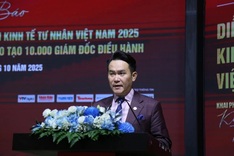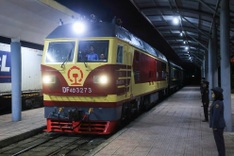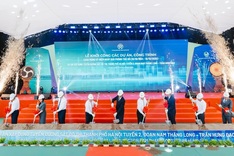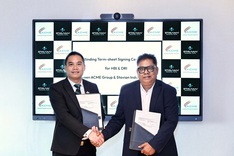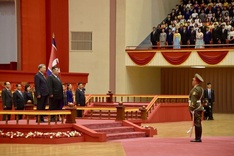
Electric buses in HCM City
Pham Vuong Bao, deputy director of the Public Transport Management Centre, announced the figure at a conference on August 26 to review the roadmap and support policies for the transition.
From 2025, all new bus routes will utilise electric vehicles to achieve a complete switch by 2030. The city expects to support firms with loans covering up to 85 per cent of investment at a 3 per cent interest rate for seven years.
Charging infrastructure will receive subsidies of 70 per cent for construction and 85 per cent for equipment. The city budget is projected to spend more than VND 3,600 billion (approximately USD 142 million) on these measures.
Lawyer Nguyen Van Hau of the HCM City Bar Association said that the green transition was inevitable, but current policies would mainly benefit large firms, while smaller cooperatives may struggle. He noted that battery replacement, costing 30-50 per cent of a bus’ value after 3-7 years, posed a major financial burden.
Citing Shenzhen’s experience, he suggested flexible models such as battery leasing services to reduce upfront investment by up to 50 per cent, and battery swap stations to cut charging time and ease pressure on the power grid. He also warned that without proper waste management, used batteries could become a severe environmental threat.
Bui Hoa An, Deputy Director of the Department of Construction, stated that with HCM City expanding after its planned merger with Binh Duong and Ba Ria-Vung Tau, environmental and transportation challenges are mounting, requiring green systems. He confirmed that all feedback will be considered before submitting the plan to the city’s People’s Council.
The project is part of HCM City’s broader vehicle emission control programme. In its second phase, the city will extend green policies to other vehicles. From 2026, it plans to pilot low-emission zones in central districts, Can Gio and Con Dao, initially restricting non-standard petrol motorbikes and commercial cars.








